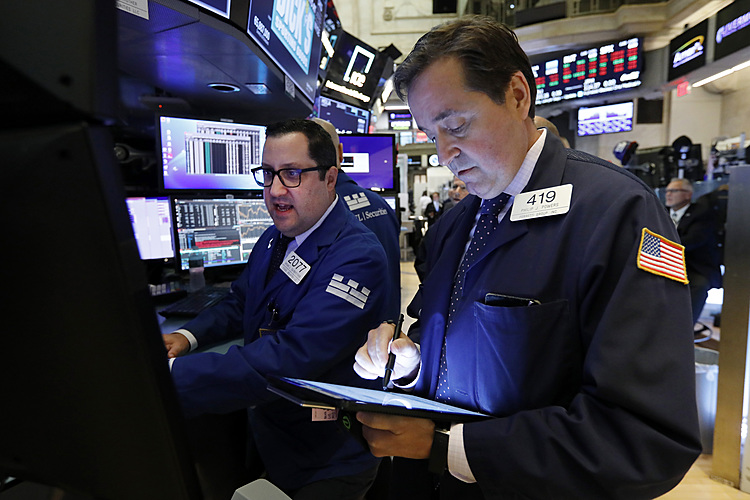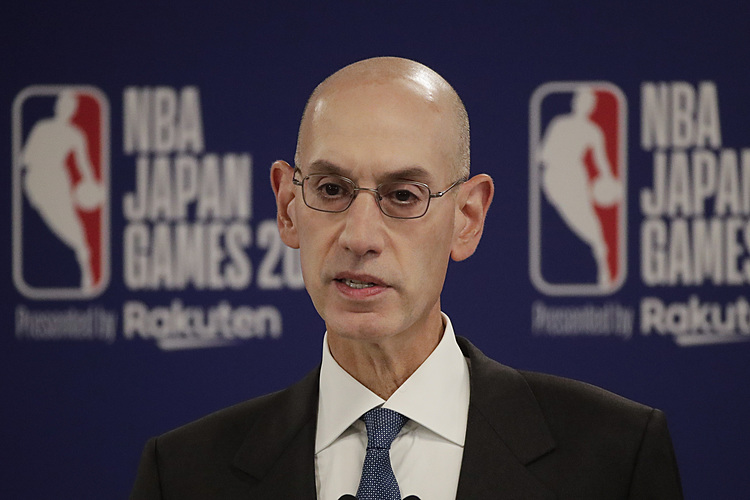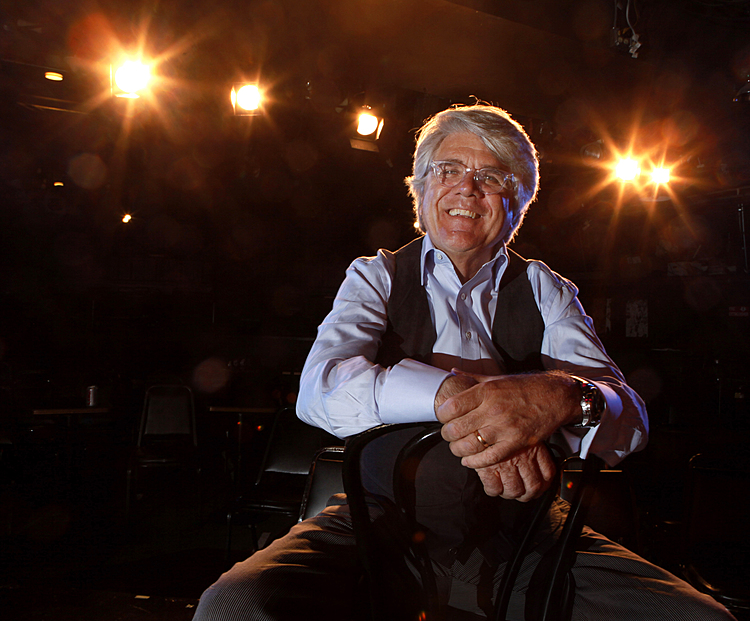NHL plans move to small-group training as Phase 2 of return
TORONTO (AP) — The NHL hopes to have players back in team facilities soon -- with plenty of precautions.
The league, which paused its season on March 12 because of the COVID-19 pandemic, released a memo Monday saying it is targeting early next month as the start date for Phase 2 of its return-to-play protocol, including the opening of practice rinks and allowing small, voluntary group workouts on and off the ice.
“It has not yet been determined when precisely Phase 2 will start or how long it may last,” the said read. “We are continuing to monitor developments in each of the club's markets, and may adjust the overall timing if appropriate, following discussion with all relevant parties.”
The NHL, which has worked closely with the NHL Players' Association on the phased approach, said that while it views the protocol as “very comprehensive ... (it) cannot mitigate all risk.”
“A range of clinical scenarios exist, from very mild to fatal outcome," the 22-page memo continued. “COVID-19 generally affects older age groups and those with previously existing medical conditions, more so than younger, and otherwise healthy, individuals.
“We recognize that players and personnel have family and household members who may fall into these vulnerable categories.”
If the Phase 2 plan gets the green light, on-ice sessions will be noncontact and involve up to six players, who will be expected to maintain physical distancing at all times. Players will be required to wear masks when entering and exiting facilities, and when not able to physically distance.
“Players are not required to wear face coverings when they are exercising or on the ice,” the memo said.
Teams are not allowed to require a player to return to a club's home city to complete any necessary quarantine measures before the workouts begin. Coaches and management will be allowed to watch, but not participate in, the informal skates.
The final two phases of the return-to-play protocol -- training camps followed by a resumption of game action -- were not mentioned in the memo. Phase 1, which continues after a number of extensions, saw players advised to self-quarantine after the novel coronavirus paused most of the sports world some 10 weeks ago.
The NHL/NHLPA Return to Play Committee has been hashing out details of what the game will look like if it's allowed to return this summer. The union's executive board approved further negotiations on a 24-team format Friday.
The Phase 2 memo made public Monday also states players and staff will be administered COVID-19 nasal swab tests two days before training begins and will be tested twice a week afterward. They must perform daily self-administered temperature and symptom checks at home before heading to their team's facility.
Clubs must also administer “a separate temperature and symptom check at the entrance of the club facility.”
Players who live in NHL markets other than where they play will be permitted to use local facilities, pending availability, meaning they won't have to travel back to their team's home cities for Phase 2.
Most NHL players have not been on the ice since the league halted its schedule, although some, including a number of Swedish players who returned home, have been skating in recent weeks.
The league said any player or staff member who develops COVID-19 symptoms, including cough, shortness of breath, chest pain, fever/chills, muscle pain (not exercise-related), loss of smell or taste, cold-like symptoms or gastrointestinal symptoms, are expected to notify medical officials immediately and self-isolate.
If a COVID-19 test comes back positive, the player/staff member's team will conduct contract tracing in conjunction with local health regulations.
Apart from laying out the groundwork for Phase 2 and continuing discussions on the 24-team format, plenty of other hurdles remain before the games will be allowed to resume.
Should the NHL return sometime this summer, it's almost certain teams will be clustered in hub cities across North America -- Vancouver, Edmonton, Toronto and Las Vegas are believed to be in the mix -- with games being held in empty arenas.
The Stanley Cup has been awarded every year since 1893, save for 1919 because of the Spanish flu outbreak, and 2005 when a lockout led to the cancellation of the entire season.
___
For more AP NHL coverage: https://apnews.com/NHL and https://twitter.com/AP_Sports











